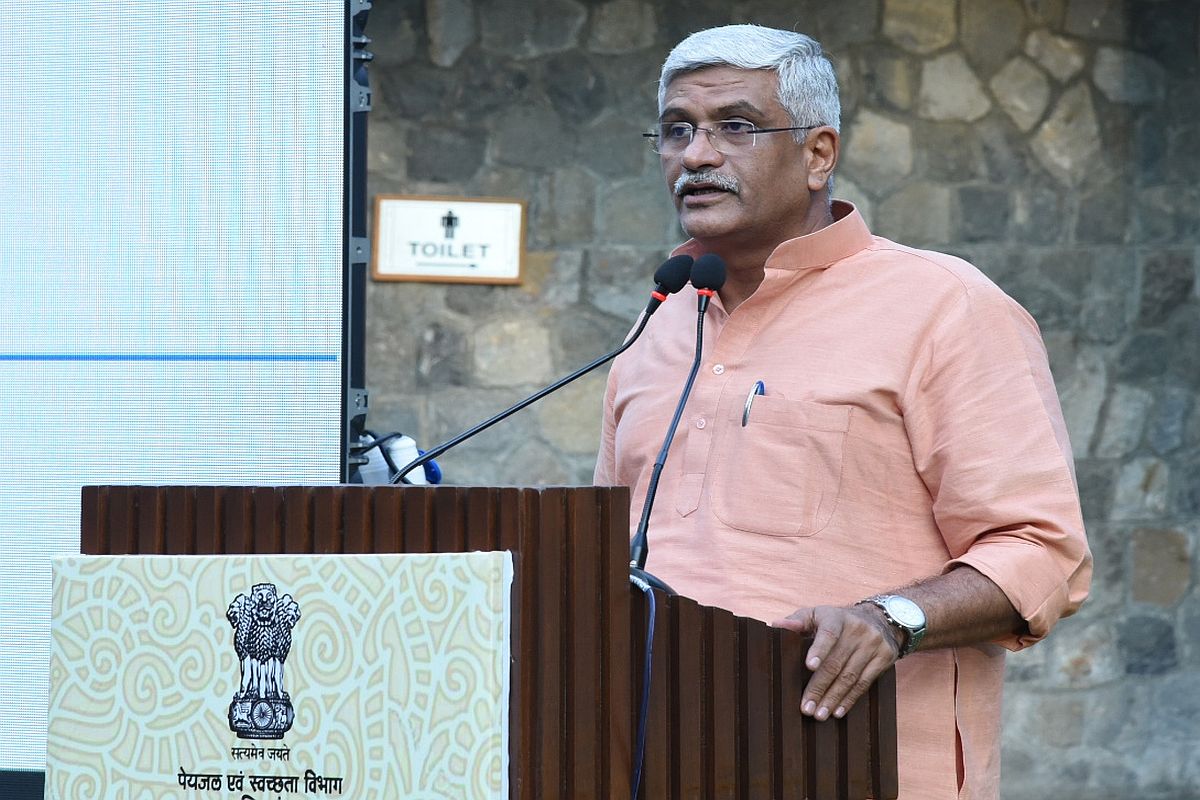In what may seem to be a veiled threat, the Union Jalshakti minister, Gajendra Singh Shekhawat today warned the state government against changing the names of central schemes unless it wants the Centre to stop extending its projects in the state.
The Union minister was in Kolkata to attend a regional conference of states/UTs on the Jal Jeevan Mission and Swachh Bharat Mission. Mr Sekhawat said that he has learnt from the state Bharatiya Janata Party and from the assembly statements of governor Jagdeep Dhankhar that the state government is changing names of the central schemes where the central government is providing funds for development.
Advertisement
He said that the Jal Jeevan Mission is one such project where attempts are allegedly being made by the state to pass it off as a state scheme. “We will not tolerate this. I have instructed my officials to ensure this does not happen. It has also been conveyed to the state government. We have warned the state not to resort to such tactics as the Centre will then find it difficult to extend its cooperation in running such schemes.”
What the minister was aiming at was the Jal Swapna scheme of the state government under its public health engineering department which states that its aim is to provide safe, clean and free drinking water to rural households in Bengal. Under this scheme, the state government claims there are currently 24 commissioned major projects operational in West Bengal and 21 more are at different phases of implementation.
Mr Sekhawat, before the 2021 assembly polls in the state, had told The Statesman, it is appalling that Bengal, due to the alleged inefficiency of the incumbent state government, has still not been able to provide drinking water to the taps of a large number of its citizens.
Bengal has around 1.62 crore rural households. Mr Shekhawat had highlighted that Narendra Modi-led central government provided the state with Rs 1,000 crore, under the Jal Jeevan Mission in 2019-20 for providing more water connections. The state was promised a second instalment of funds on utilizing the first one.











